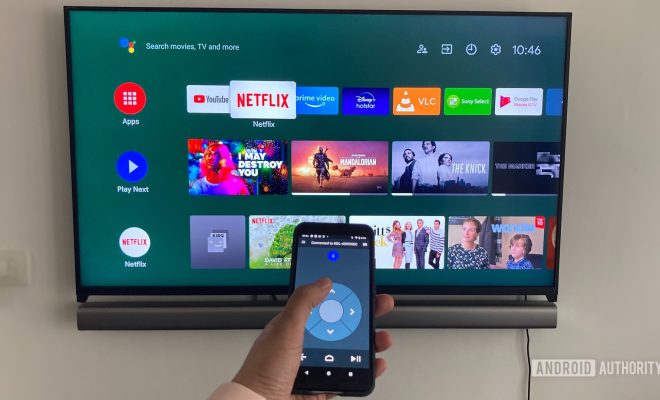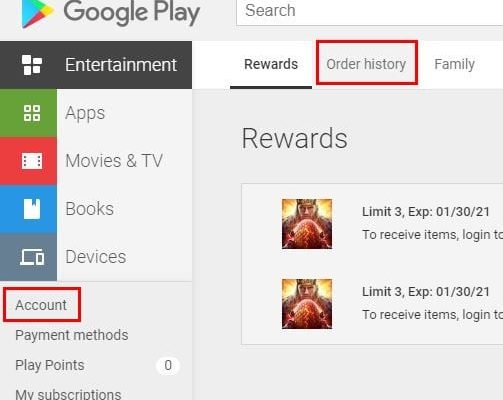A Time for Learning Experience Designers

Mark David Milliron, Ph.D., Senior Vice President of Western Governors University (WGU) and Executive Dean of the Teachers College
Kim Round, Ph.D., Academic Programs Director and Associate Dean of the Teachers College,
Western Governors University (WGU)
If the pandemic taught us anything, it’s that understanding the whole student matters. Since March of 2020, billions of dollars and hundreds of thousands of person hours have been spent enabling remote learning access, rolling out strategic student supports—particularly around mental health—and providing emergency aid for students struggling with basic needs. All the while, the committed educators focused on meeting this moment embraced a clear truth: Maslow trumps Bloom on learning journeys. Whether its early learning, K-12, higher education, or job training, we have been forcefully reminded by COVID to focus on the whole student experience if we want our learners to begin, continue, and succeed on their pathways to and through education.
Even pre-pandemic, a holistic student supports approach was becoming an essential feature of student success initiatives, particularly as the focus on student completion took hold over the last decade. However, much of this work has been anchored in strategic outreach and advising reform. With what we’ve learned and lived through over the last two years in rethinking instruction and student support with learner experiences at the center, we are now challenged to embrace this perspective in a more fulsome and integrative way in the learning process itself. Put simply: now is the time for learning experience designers.
From Instructional Design to Learning Experience Design
“Great designers are great empathizers. It’s what separates a design that has soul from one that’s simply well-realized.” – Paul Backet, Design Educator
Traditionally, learning designers placed instruction at the center of their work. Indeed, the dominant degree received in this discipline area over the last few decades has been a Masters in Instructional Design—including at WGU. However, advances in UX, gamification and online learning have revealed the need to place learning experience at the center of this work, with a special admonition to better understand and empathize with the needs, wants, and lived experiences of our changing learners—e.g., first-generation, diverse, privilege, poverty, trauma, working, or parents—and what their experiences are with the full program, instruction and support.
Here’s why. Interface design prioritizes user experience because research shows that a pleasurable experience, far more than other factors, increases the likelihood a product will be successful. Correspondingly, with the rise of “the experience economy”, design thinking has emerged as a key skill set, especially because of its emphasis on empathy-based approaches. From Ford Motor Company to Disneyland, empathy-based design thinking has been at the core of product and process redesign with significantly positive results.
We’ve seen the emergence of empathy-based design for years in other sectors as well, particularly in the consumer facing technology realm. Apple was among the first entities to design for an end-to-end experience. One only needs to watch “box opening” videos on YouTube to appreciate how the experience of buying, receiving, and even box-opening informs consumer confidence in a product. This confidence is a key factor in how often the product might be used, whether it will be recommended to others and/or bought again. To quote Steve Jobs, the design champion of Apple from the beginning, “Design is a funny word. Some people think design means how it looks. But of course, if you dig deeper, it’s really how it works.”
Given the move toward a focus on user experience in general, pulled together with the powerful and sometimes painful learnings of the pandemic, we argue that next-generation learning design requires requisite empathy for the end-to-end learner experience. What we are learning at WGU and around the country in the education and training worlds is that with a positive and well-crafted learning experience students are more likely to persist, achieve learning outcomes, complete credentials, and seek additional opportunities for learning.
Learning Experience Design and Reimagining Education
“Design isn’t just about making things beautiful; it’s also about making things work beautifully.” -Roger Martin, Celebrated Author, Business Consultant, Professor Emeritus at University of Toronto
As the world of education begins our larger dialogs about what’s next, many are pining to “get back to normal.” Let’s be clear: normal wasn’t working for a lot of kids and adults in the first place. Worse, emergency remote online learning didn’t work for a lot of students either. For many, it was tragically isolating and simplistic. Unfortunately, this has led some pundits to tear down online and hybrid learning writ large, not realizing that equating emergency remote learning with the 20+ years of thoughtful design work in the online space is like equating a life raft with a luxury liner. They both can keep learners afloat, but they are very different experiences.
It’s worth noting, online learning during the pandemic did work for some learners. In K-12 for example, because of some innovative design and delivery models, not only did it keep students safe from a little-known and much-feared virus, but it also saved them from bullying, allowed them to work at their own pace, let them experience gradeless learning strategies, exposed their parents to limitations of their classroom-only models, and connected them to outside resources that opened their eyes to different tools for learning. For these folks, the experience actually was better than normal.
In higher-education world, through all of the challenges facing students, WGU Teachers College grew our student body by double digits. Moreover, many of our graduates commented that learning with WGU’s mix of highly personalized online and competency-based learning prepared them well for the pandemic—including former United States Airforce Officer and 2021 North Carolina Teacher of the Year, Maureen Stover. “Because I had been a remote learning student, I understood how important it was to have that constant connection, so I was intentionally embedding social-emotional learning activities and opportunities for my kids.”
Both of these examples point to the importance of how different learning experiences are important for different learners. Rethinking how we engage people, processes, technology, and so much more to craft meaningful and highly impactful education experiences for learners is the challenge for the months and years ahead.
Building Capacity in Learning Experience Design
To step up to this challenge and help power this rethinking across the education and training worlds, WGU Teachers College will launch a Master of Science in Learning Experience Design and Education Technology (MSLxDET) this summer. This program will build on our 20 years of work in education technology, instructional design, and next-generation learning. A key feature of the program will be having future learning leaders engage in a design lab based on five-phase design thinking models (i.e., empathize, define, ideate, prototype, and test). As our students move through this program, they will dive deeper into what learners see, feel, do, and say. Observations within real learning spaces, interviewing learners, conducting focus groups, and fully immersing into learner holistic experiences will help them build learning-centered, evidence-based, analysis and design skills.
But beyond this new degree program, we are working to embed learning-experience design into all our programs and services across the Teachers College. We hold a core belief that to champion next-generation education, our students should experience next-generation education. WGU’s 25 years of advancements in competency-based education, personalized learning, its commitment to Diversity, Equity and Inclusion (DEI), support for Social Emotional Learning (SEL), advanced use of data, and innovation with skills-based learning, are working to help our diverse array of students—particularly historically underserved students—successfully navigate personalized pathways to possibility.
Thankfully there are thousands of other schools, colleges, universities, and employers that share this commitment to better understanding their students and centering design on their learning experience. And if the last two years have taught us anything, it’s that this collective movement toward learning experience design will be essential to help striving students go on better, more productive, and personally meaningful educational journeys. Indeed, we must help spread the word that education is more than a collection of classes. It may include classes, but it is so much more. At its best, it is a carefully and thoughtfully crafted and curated family of experiences that can help striving students change their lives!






